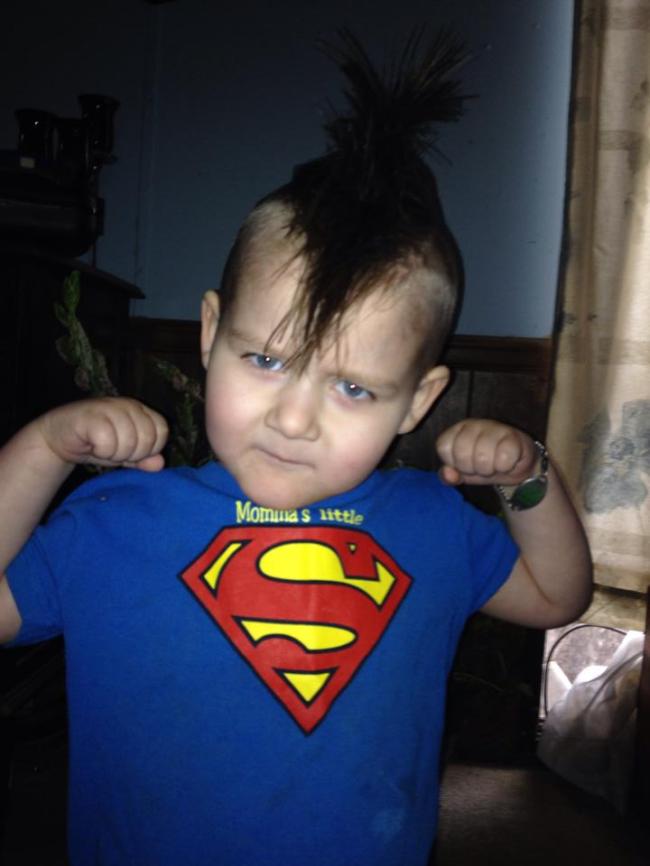Here is Christopher’s story in his mom Kristi’s own words.
In April 2008, Christopher Pena, Jr. was born with non-compacted cardiomyopathy. Non-compacted cardiomyopathy is a very rare condition in which the heart muscle remains sponge-like after birth, which causes the heart to be very weak.
Christopher’s cardiomyopathy affects his right and left ventricles where it is very hard for his heart to pump and function correctly.
His physicians said the only option we had to medically intervene was a heart transplant. At that time, we opted against the procedure, with the very best quality of life in mind for him. We also didn’t have guarantees he would survive if we attempted a transplant.
Christopher was not given very long to live. Six months at the most. We believed that the doctors could tell us what they knew from books, but our Mighty God is the Great Healer and could fully heal his heart either way. We placed him at the Lord’s feet and asked Him to give us strength for whatever was His will. We knew he would be okay, but we would need some help. At 45 days old, he was admitted into hospice care where he remained for 15 months. But milestone after milestone passed.
Christopher was released from hospice when an echocardiogram showed that his heart function had tripled! And at 18 months, his heart function was almost normal. God still performs miracles each and every day! I thank God that He trusted me with this amazing testimony in which all praise, honor, and glory goes to Him!
In February 2010, it was discovered that Barth Syndrome (BTHS) is the cause of Christopher’s cardiomyopathy. Barth Syndrome is a rare, sex-linked genetic disorder of lipid metabolism that affects males. There is no specific treatment for Barth syndrome, but each of the individual problems can be successfully controlled. Typically, boys with BTHS present with hypotonia (low muscle tone) and dilated cardiomyopathy (labored breathing, poor appetite, and/or slow weight gain) at or within the first few months after birth. Other important features of BTHS include bacterial infections because of neutropenia (a reduction in the number of white blood cells called neutrophils), muscle weakness, fatigue, and short stature.
Although most children with Barth syndrome manifest all of these characteristics, some have only one or two of these abnormalities and, as a result, often are given incorrect diagnoses. It is very rare, less than 200 known cases worldwide. So much that if people would hold hands from one end of the world, all of the way around, only one of those people would be a boy with Barth syndrome. It was described to us like finding a needle in a haystack for the doctors to discover that he has BTHS!
Christopher has most of the characteristics, including cardiomyopathy, neutropenia, muscle weakness, and some other problems. He has home-bound school lessons twice weekly, along with occupational, speech and physical therapy, along with therapeutic horseback riding to fill his busy schedule. He takes 24 doses of medicine a day and three shots a week to help his immune system.
-
You can learn more about Barth syndrome at www.barthsyndrome.org and continue to follow Christopher at his facebook page, Crusade4Christopher or his caringbridge.org/visit/cj08





Leave a comment